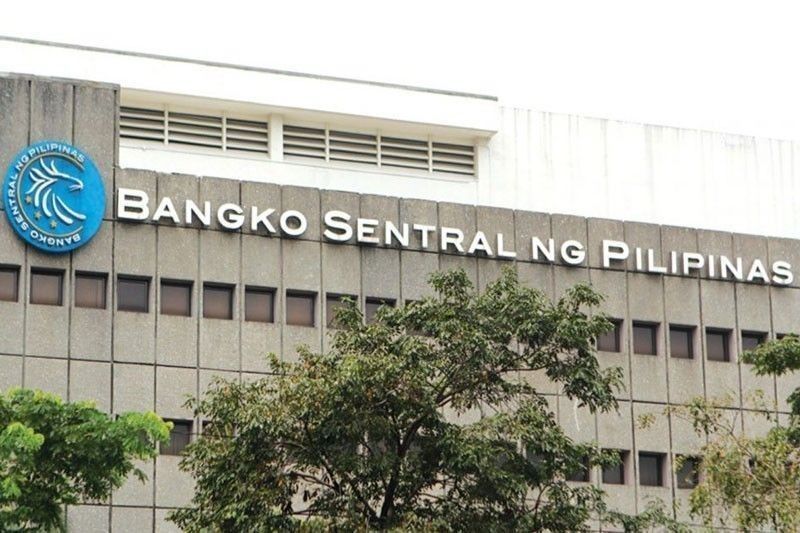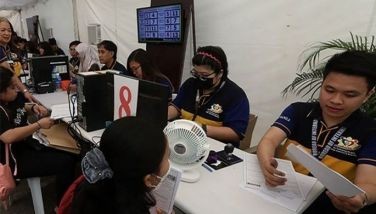Businessmen less optimistic for 2nd consecutive quarter

MANILA, Philippines — Higher interest rates and inflation plus a weakening peso pulled down business sentiment for the second straight quarter this year, the Bangko Sentral ng Pilipinas (BSP) said yesterday.
BSP Deputy Governor Diwa Guinigundo said the business sector’s outlook on the economy turned less optimistic as the overall confidence index of the Business Expectation Survey for the first quarter of 2018 slipped slightly to 39.3 percent in the second quarter from 39.5 percent in the first quarter.
This was the second straight quarter that the business confidence index declined after hitting 43.3 percent in the fourth quarter last year.
Guinigundo said the implementation of Republic Act 10963 or the Tax Reform for Acceleration and Inclusion (TRAIN) Law last Jan. 1 was supposed to lift business sentiment through higher purchasing power from consumers with the reduction of the personal income tax rate and the unconditional cash transfer program.
However, he said the positive impact of the tax reform law was offset by concerns over higher interest and inflation rates as well as the depreciating peso.
“The responses to key indicators including inflation, interest rate and exchange rate are quite telling,” he added.
Guinigundo said business sentiment has usually been improving in the second quarter from the first quarter since 2012. The business confidence index last declined in the second quarter to 31.8 percent from the first quarter’s 47.5 percent in 2011.
“The only difference between then and now is the implementation of the TRAIN law,” he said.
The BSP’s Monetary Board raised interest rates for the first time in more than three years last May 10 as inflation forecasts shifted higher, indicating that inflation pressures could become more broad-based.
The central bank raised benchmark rates by 25 basis points to arrest potential second round effects by tempering the buildup in inflation expectations. It raised its inflation forecast to 4.6 percent instead of 3.9 percent this year and to 3.4 percent instead of three percent next year.
Inflation kicked up to a fresh five-year high of 4.5 percent in April from 4.3 percent in March, bringing average inflation to 4.1 percent in the first four months of the year – exceeding the two percent to four percent target of the BSP.
On the other hand, the peso has been the second-worst performing currency in the region, depreciating by about five percent due to strong demand for US dollars to finance imports of capital equipment and raw materials to sustain the country’s growing economy.
Redentor Paolo Alegre, head of the BSP’s Department of Economic Statistics (DES), said the percentage of respondents expecting higher inflation rate increased to 63.5 percent in the second quarter from 61.3 percent in the first quarter, while respondents expecting peso borrowing rate to increase rose to 21.7 percent from 19.6 percent.
Alegre added that the percentage of respondents seeing the peso further weakening against the dollar also increased to 22.7 percent from 11.7 percent.
He said the steady business confidence index in the second quarter could be attributed to the usual higher demand during summer, enrolment and harvest periods; the expansion of businesses and new product lines; and sound macroeconomic conditions.
He said the optimism on the country’s business outlook could also be traced to the positive view on the TRAIN law as the additional revenues would be used to finance the government’s massive infrastructure buildup under the Build Build Build program.
For the third quarter, Alegre said the business outlook is less positive, with the overall confidence index declining to 40.4 percent in the second quarter from 47.8 percent in the first quarter.
The respondents cited the interruption of business activities during the rainy season, lower consumer demand as households prioritize enrolment expenses, and expectations of higher commodity prices.
The survey was conducted from April 2 to May 22, covering 1,466 respondents.
- Latest
- Trending





























